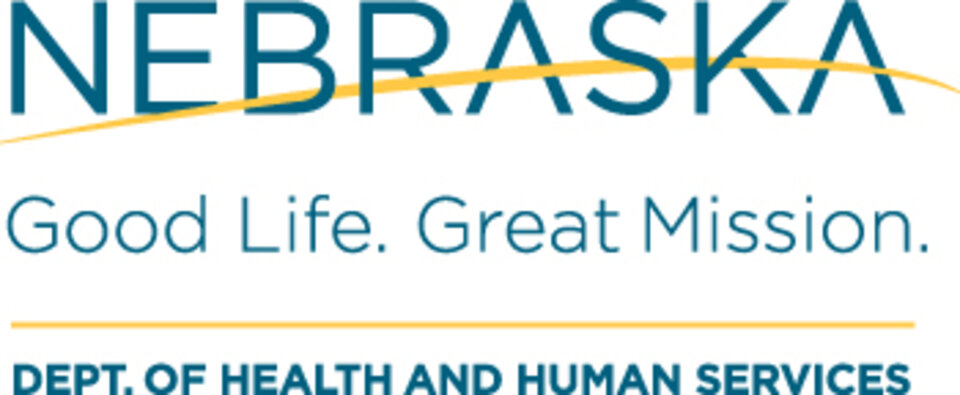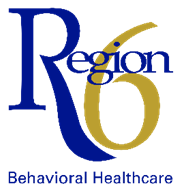
Bring Your You Game
Don’t let party mistakes shape your future. Join students across Nebraska who are making smart decisions about alcohol and drug use every day, every semester.
The Unglamorous Truth
Whether in-person or in the media, today’s students have seen the cringeworthy outcomes of binge drinking and are speaking out.
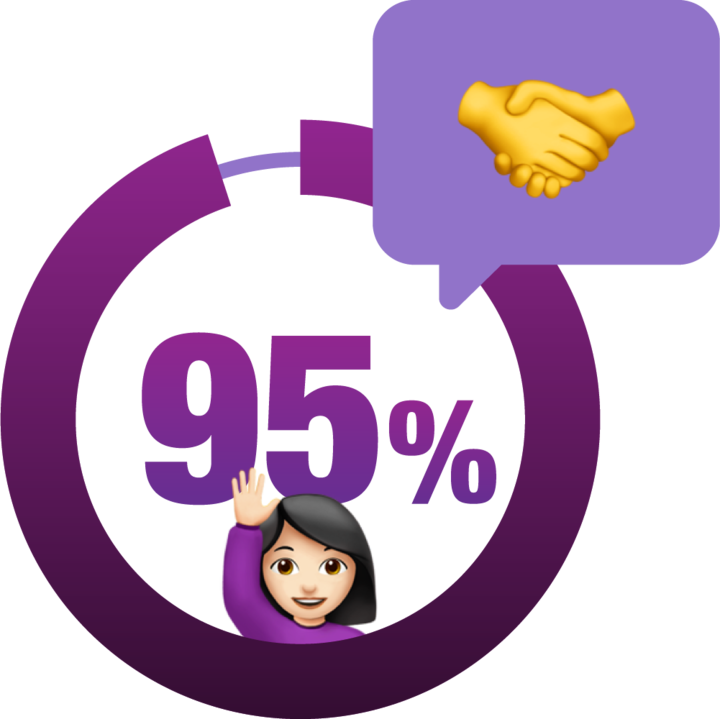
95% of students say they would seek medical help for a peer if they suspected alcohol poisoning.
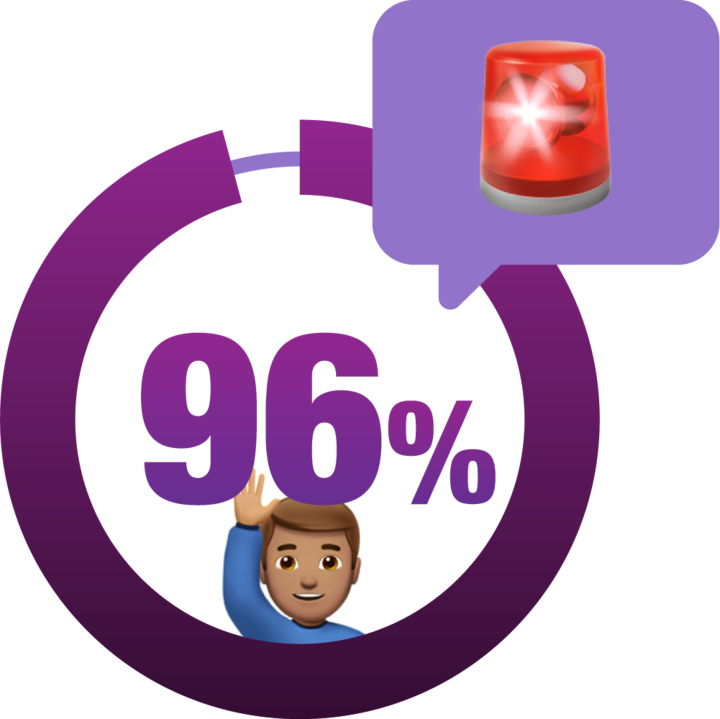
96% say they would intervene if they saw someone being taken advantage of sexually.
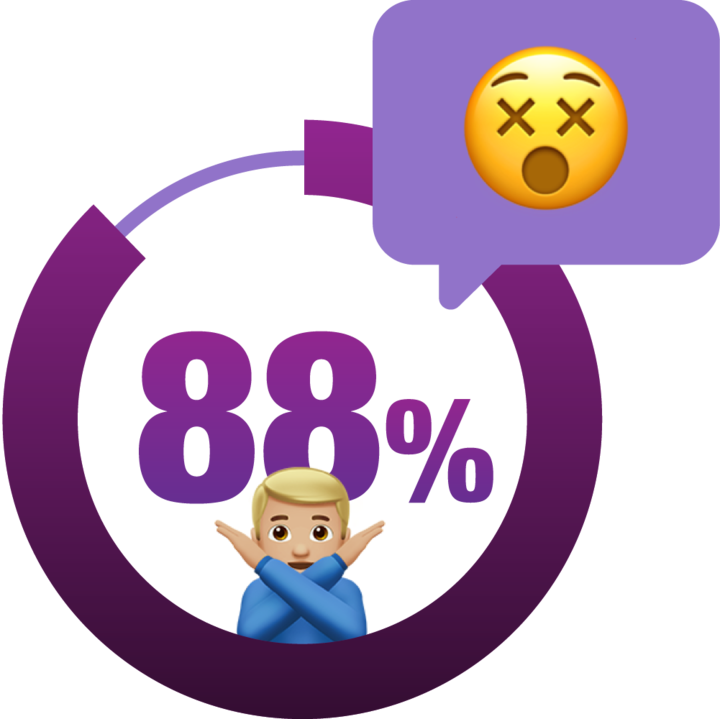
88% don’t approve of classmates drinking so much they can’t remember the previous evening.
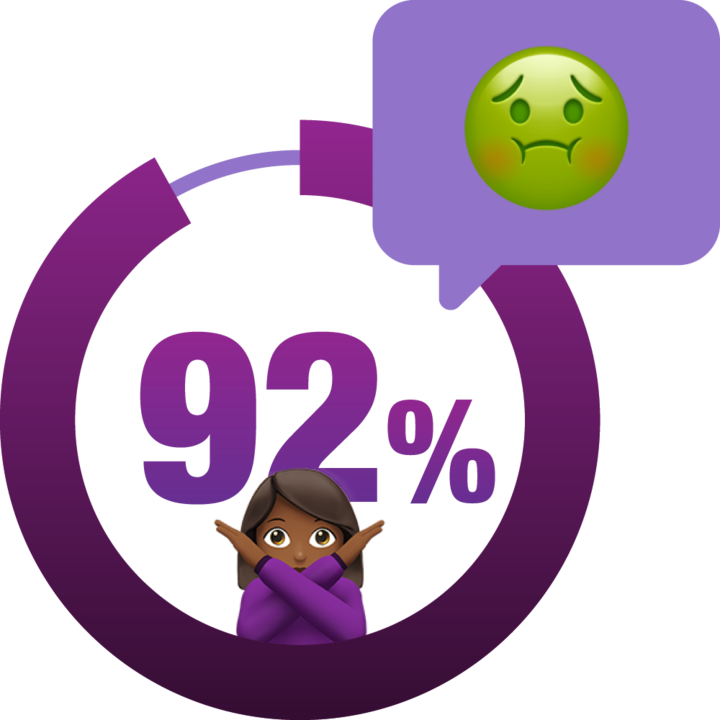
92% don’t approve of classmates drinking so much they get sick
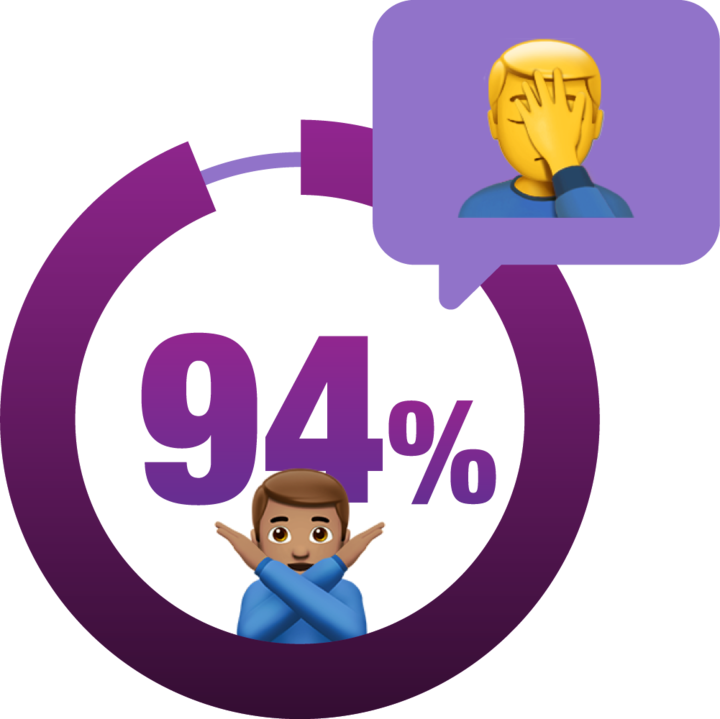
94% don’t approve of someone drinking so much that they get into situations they regret later.
That’s A “Nope”
Among college students, awareness surrounding the dangers of binge drinking is increasing, with most students choosing not to drink at all.
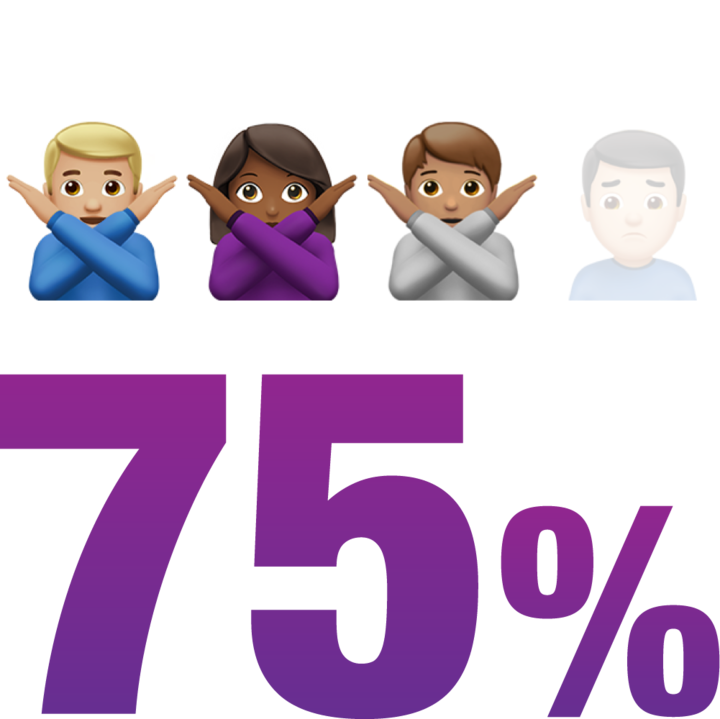
Over three-fourths of surveyed students say they never drink alcohol and don’t binge drink.
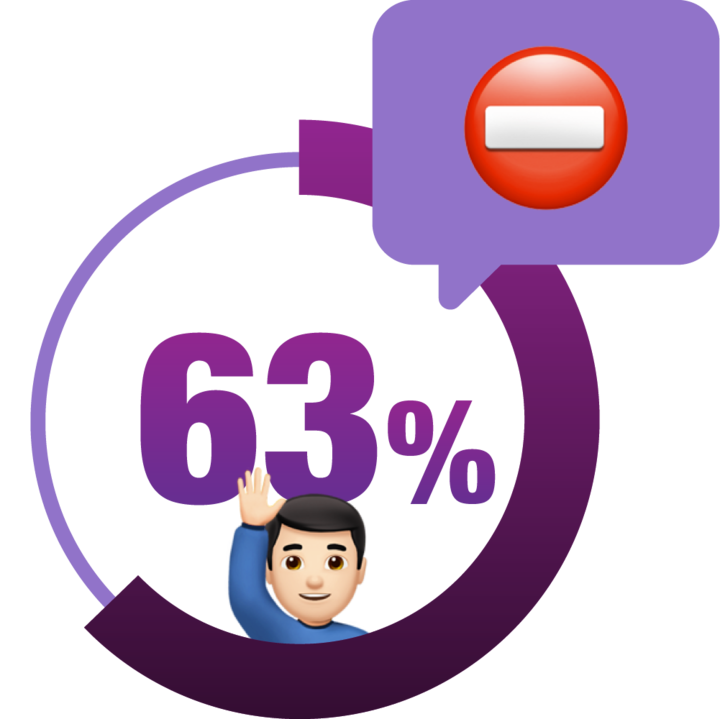
63% of students say they choose not to drink or binge drink because they worry about negative consequences.
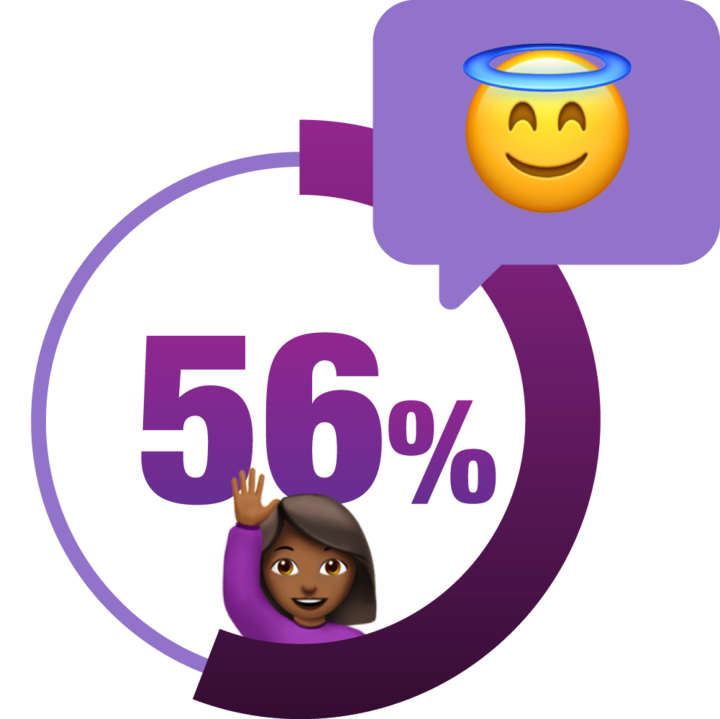
56% don’t say they don’t want to do something they later regret.
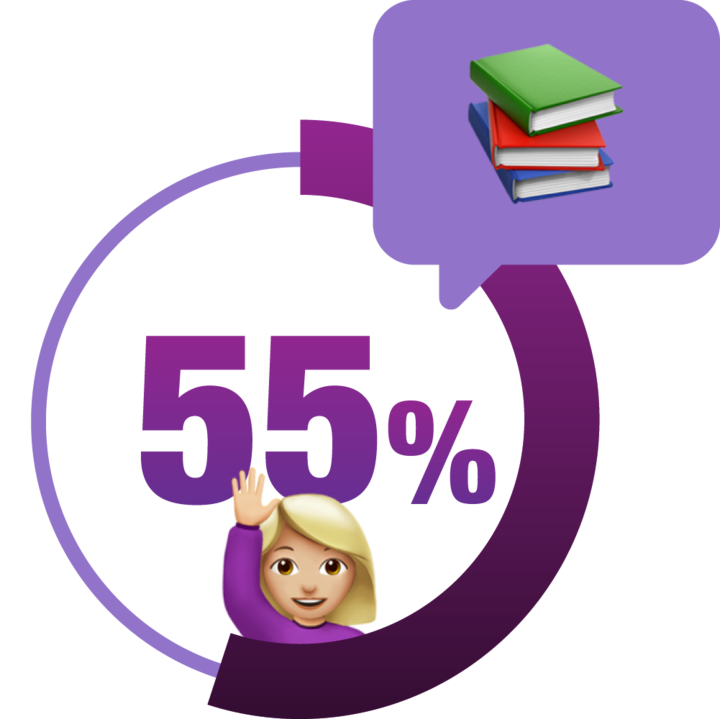
55% say they have too many academic or personal responsibilities.
Marijuana Misconceptions
Fact: Most students don’t use marijuana. It’s time for you and your peers to speak out - NOT getting high is the norm.
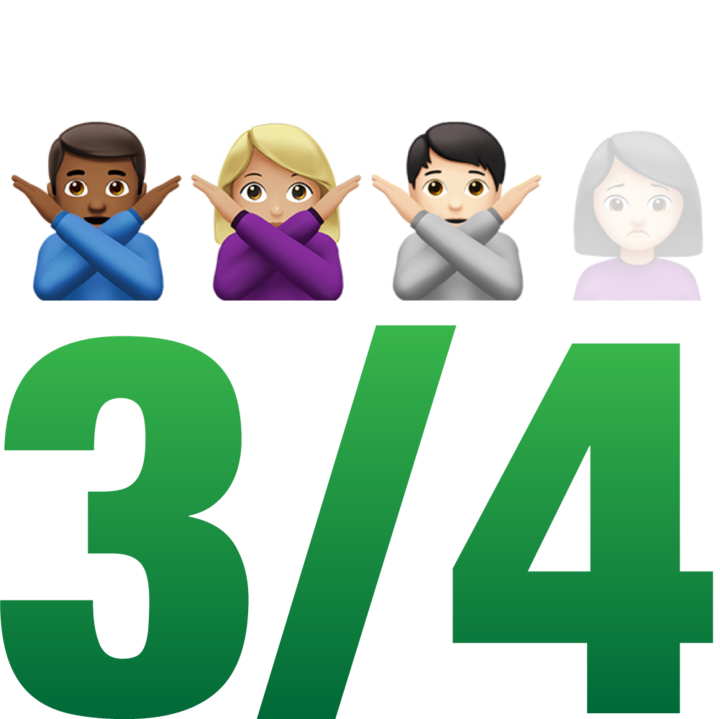
Three-fourths of students report not using marijuana in the past year, yet an estimated 93% of students think their classmates got high.

Like alcohol, marijuana can lead to impaired driving crashes – even if its effects aren’t the same. Most students who did get high last year said they never drove after use.

Regular marijuana use can cause lasting sleep problems, leading to decreased academic performance.
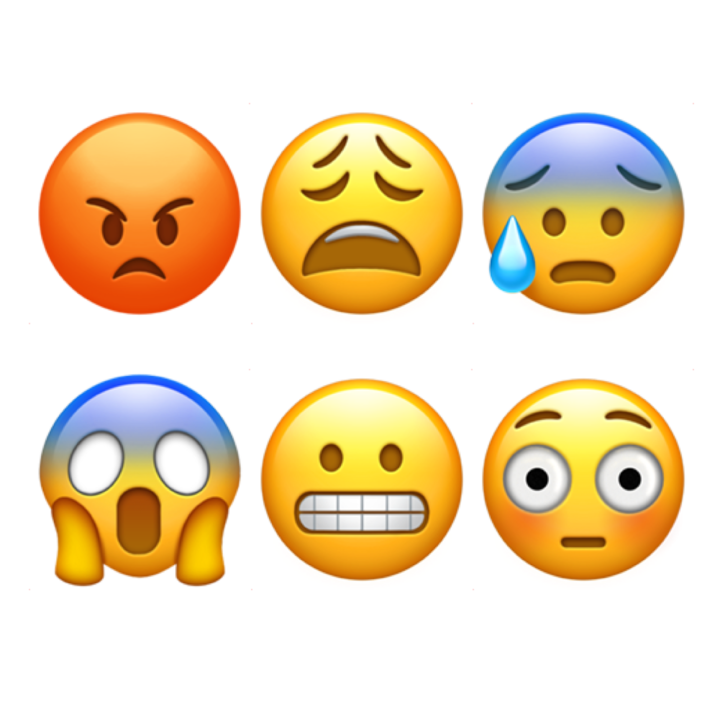
Marijuana can also cause or worsen mental health symptoms, and the 18-25 age group is especially at risk.
It’s Your Future. Own it. Don’t let binge drinking and getting high derail your college path. Bring Your You Game.
The Omaha Collegiate Consortium (OCC) is a subset of the NECPA and is supported by the Department of Health & Human Services, Substance Abuse and Mental Health Services Administration, Center of Substance Abuse Treatment under grant number T1010034-17, Substance Abuse Prevention & Treatment Block Grant. The OCC received an award of $115,770 for the funding period 07/01/2023 - 06/30/2024 through an agreement with Region 6 Behavioral Healthcare. No non-federal sources of funding support this program. The contents of this publication are those of the author(s) and do not necessarily represent the official views of, nor an endorsement, by the Department of Health & Human Services, Substance Abuse and Mental Health Services Administration, Center of Substance Abuse Treatment, DHHS, or Region 6 Behavioral Healthcare.
